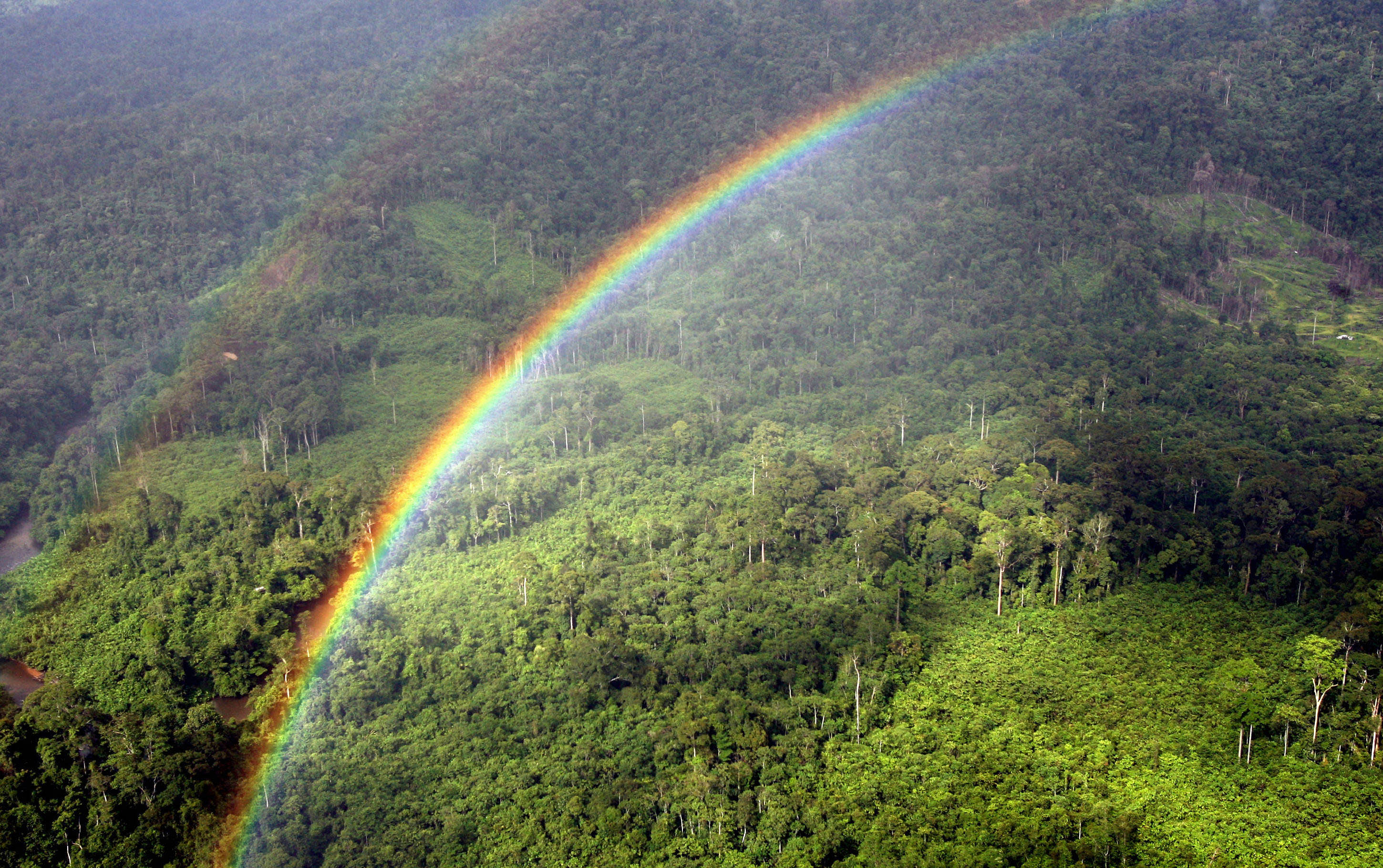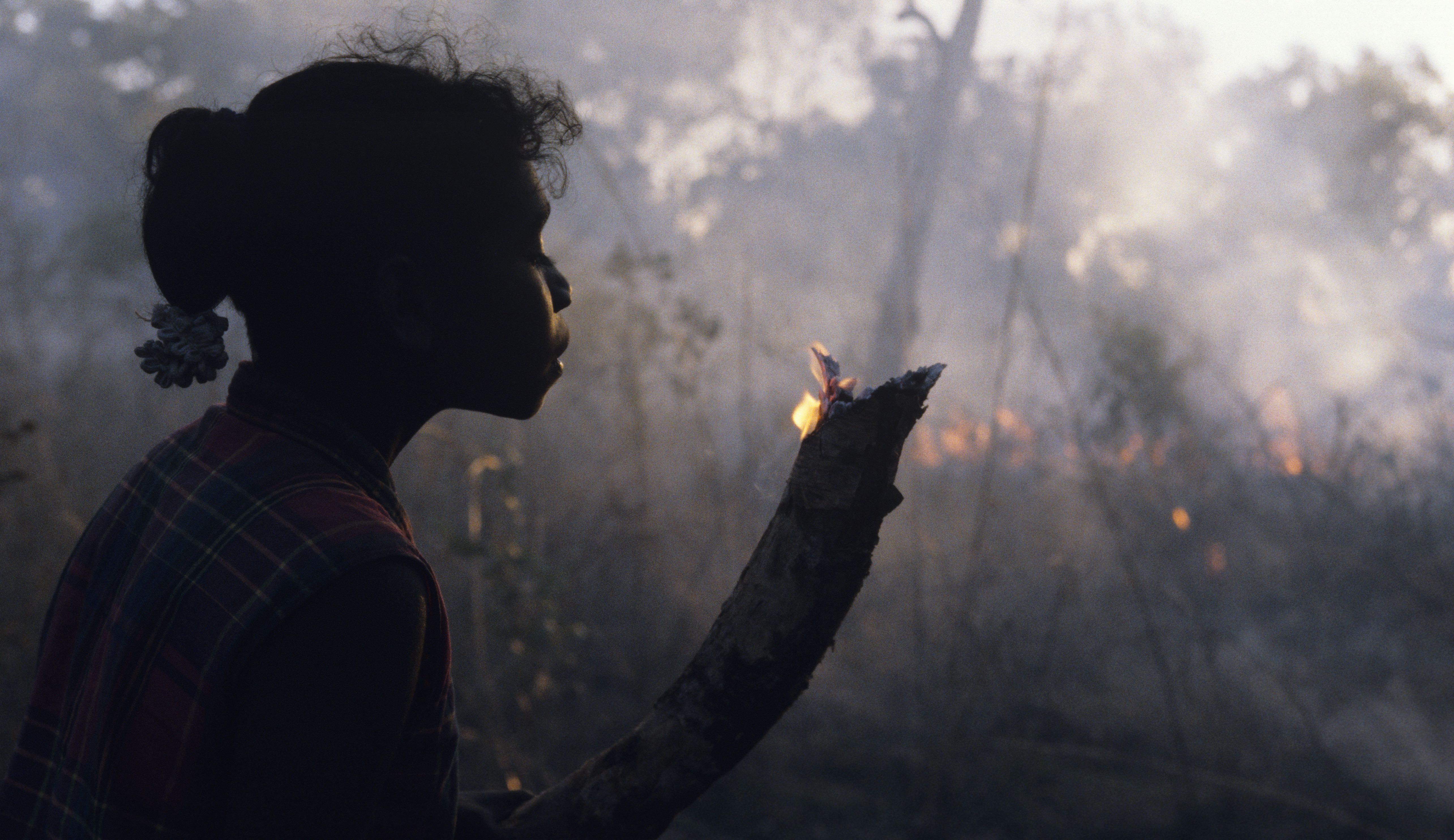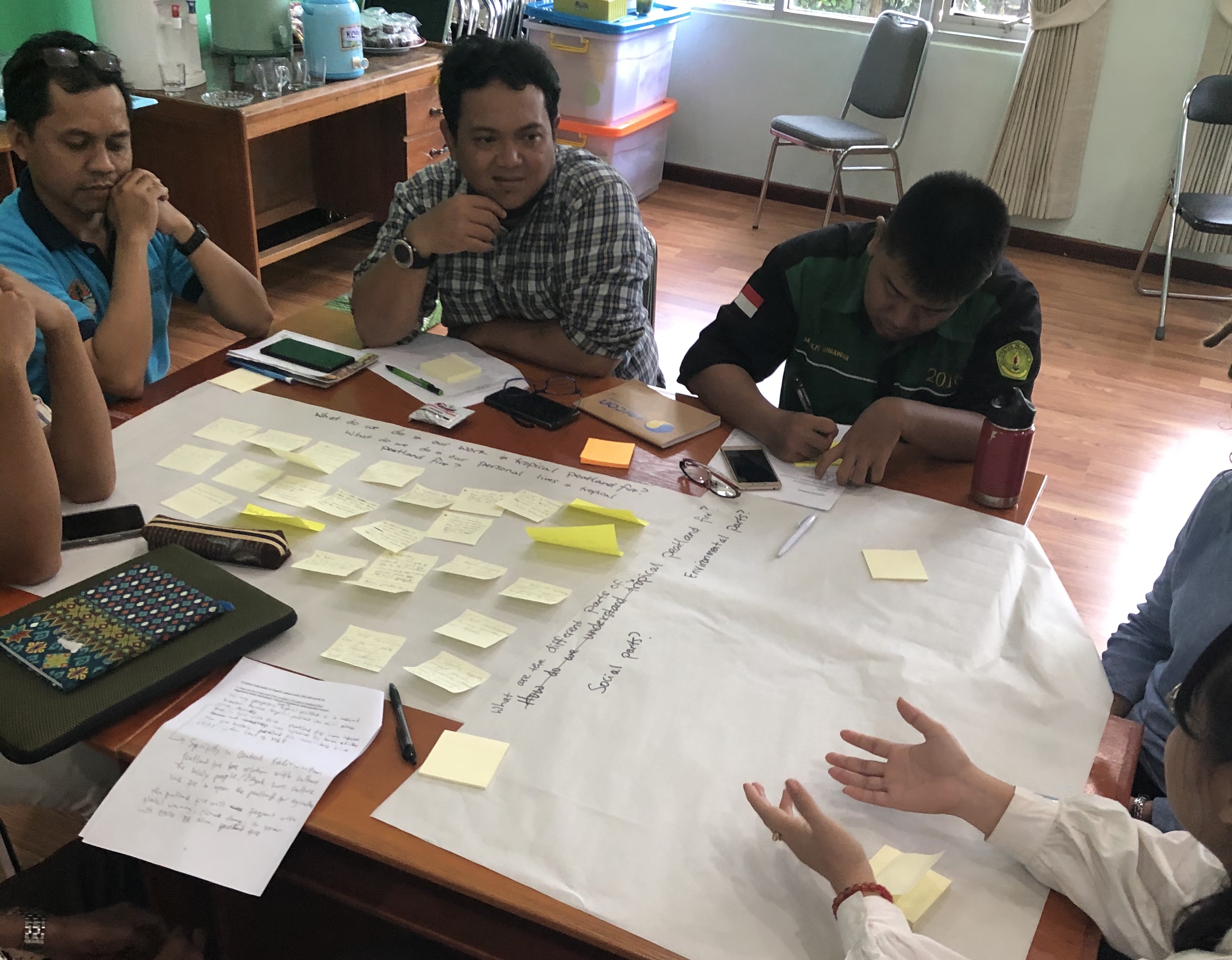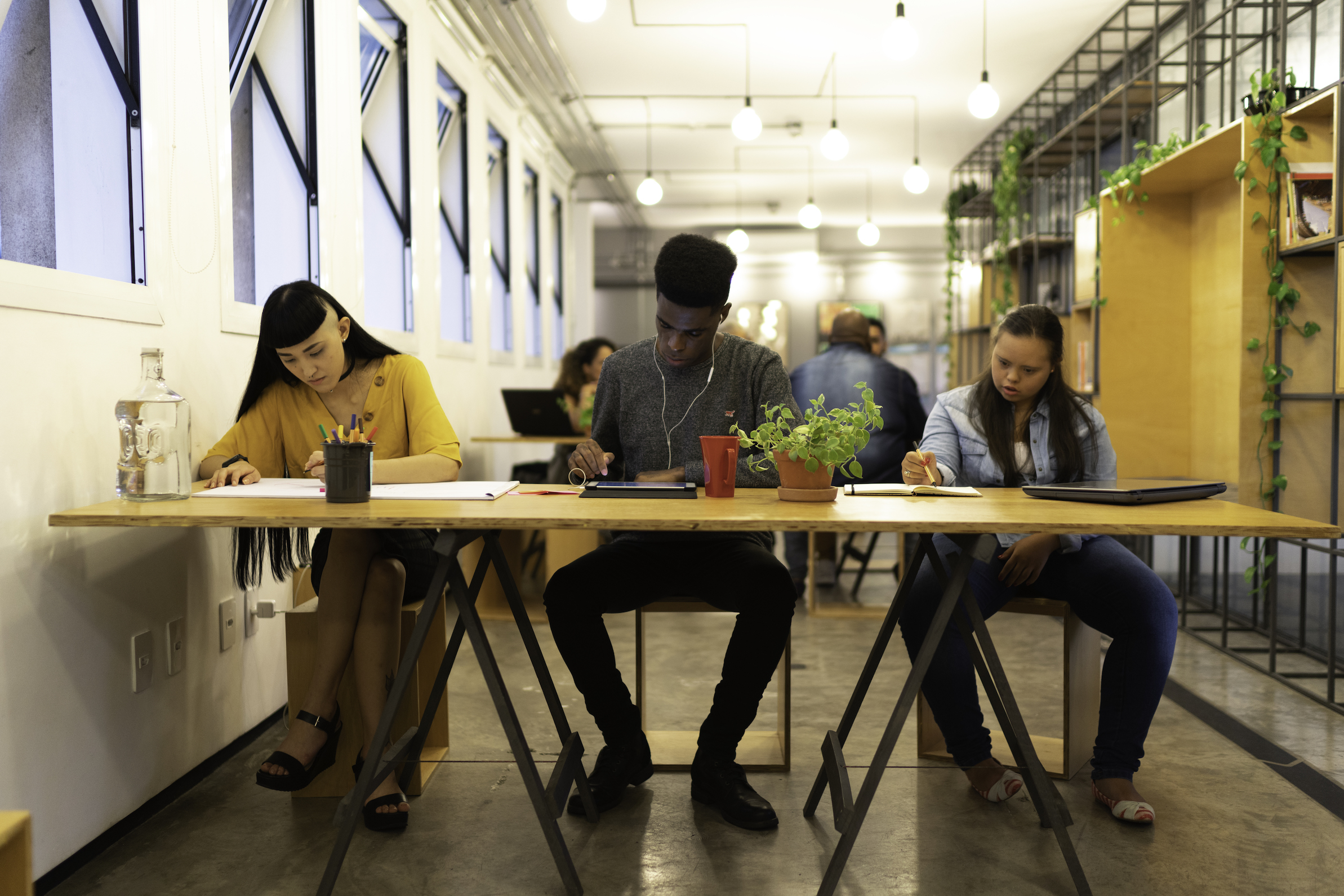
Environment
The future of our cities is Indigenous

Being outside of the mainstream helped guide Dr Andrea Rawluk onto a path of research that asks us to challenge the status quo to integrate the environment and society
Published 17 November 2021
Growing up in Canada, I spent a lot of time working on and connecting with the land. After studying environmental management in my Bachelor degree, I realised quite early on that what we see as ‘environmental challenges’ are actually social and environmental justice issues created through colonialism and capitalism.
This realisation pivoted my thinking to study and work in social research associated with environmental challenges.

Today, my research sits across three key branches that all consider ideas of multiple knowledges, world views and collaborative practice. One branch is in bushfire, looking at how we integrate into policy and planning the values and experiences of fire among diverse and changing communities.
My colleagues, Maddi Miller, Dr Gillian Howell, Professor Rod Keenan and I have recently been awarded a seed funding grant from the Indigenous Knowledge Institute, where we are honoured to be working in partnership with the Gunaikurnai Land and Waters Aboriginal Corporation on how knowledge and healing of Country can be shared and supported through story and music.

Environment
The future of our cities is Indigenous
Normally, a project would have a single lead researcher, but we have adopted a co-leadership approach as a step toward changing relationships in research. We are shifting the power balance away from extractive research to working and learning actively with communities as real partners in the research.
I’m also working on tropical peatland restoration in Indonesia, exploring how we can improve collaborative practice across interdisciplinary projects to address complex challenges in Central Kalimantan in a project called Gambut Kita.
This idea of collaborative practice is inspired by a book that colleagues Ruth Beilin, Helena Bender and Rebecca Ford and I co-authored. It’s called Practices in Social Ecological Research: interdisciplinary collaboration in ‘adaptive doing’ and was published as we all went into lockdown in 2020. It’s a really exciting piece of work that we have done together and celebrates our diverse expertise in the School of Ecosystem and Forest Sciences.

Challenging assumptions is something that has been a deep part of my life. A lot of my work in social ecological contexts, like bushfire, learning from Country and collaborative practice space, involves questioning our assumptions and challenging our world views. This has very much come from being someone who grew up feeling outside of the mainstream and outside what was regarded as normal.
I’m the Chair of the Diversity and Inclusion Committee for the School of Ecosystems and Forest Sciences and have always been involved in trying to make positive change.

Sciences & Technology
Opportunities for Traditional Owners in the carbon economy
It’s sometimes hard to put into words the things you live and breathe in your day-to-day life. Many of us expend a lot of energy monitoring what we say and do to conceal parts of ourselves in work and studies. We need to be using this mental energy for our work.
As an LQBTIQ+ person, we are often invisible minorities in spaces. It can be really helpful to create visibility to support inclusion and safety.
What I’ve found working in diversity and inclusion is that I have so much to learn because my experiences are from just one life. Diversity is just that - it’s diverse. There are many different people with so many unique experiences and we want to have our workplaces, where we study and where we work to be safe and inclusive for us to just breathe – to be able to be ourselves.
My advice for people who want to be more inclusive is to listen, reflect and have an awareness that people have very different perspectives and experiences. Be willing to break down your assumptions and always keep an open mind and don’t feel like you can do this perfectly.

We’re all learning, and we’re all here to learn together. I think that’s a perfect ethos for a university setting where we are here to learn and explore.
Diversity and Inclusion is about having an open dialogue, but it is only the beginning of greater change and justice to which we all need to contribute. This is a conversation that will hopefully be shared more broadly and the start of many more conversations around fostering safe and inclusive communities for everyone built on relationships, care and reciprocity.
The 18th of November is the International Day of LGBTIQA+ People in Science, Technology, Engineering and maths (STEM).
– As told to Alexa Viani
Banner: Getty Images